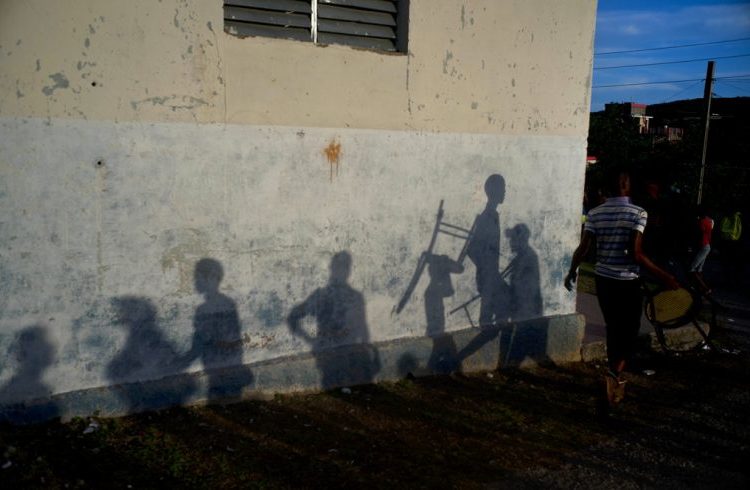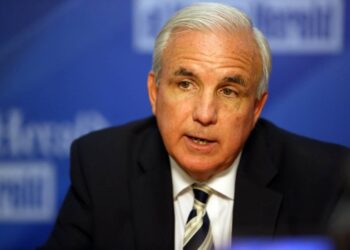The general electoral process has had a culminating point in Cuba with the March 11 elections. The final objective will be to constitute the Provincial Assemblies of People’s Power and their Administrative Councils and the National Assembly with its Council of State.
The Cuban press, especially television, no longer hides the problems of the electoral system and in many cases they called “deputies” those who until the day of the election were just candidates; perhaps because it knows that this election was much more a confirmation than a selection. The 605 candidates have been elected and will make up, seat by seat, the National Assembly roll call.
The Candidacy Commissions made up their lists and the Municipal Assemblies recognized them because they are the ones that really nominate. We don’t know if there were cases of candidates vetoed by the Assemblies or of candidates who emerged from the very local Assemblies at the time of the final nomination.
In Cuba not even the wisest can explain why the people can nominate directly in the neighborhood meetings, with so much responsibility, at the start of the partial process, and they can’t do the same to propose candidate to the provincial and national assemblies.
Leaders of the Party, government, state-run enterprises, social and mass organizations were nominated and elected but nominees from the farmers’ sector, those who work the land, not the leaders, barely appeared as candidates.
Neither did the elected candidacy include sufficient factory workers, or the self-employed, despite the fact that they already are more than half a million persons.
In an Assembly where there is an overabundance of leaders, those who are led are not necessarily in the legislative body. They won’t have sufficient direct representation and won’t be able to exercise – there where the laws are approved – their voice without mediations.
The National Assembly in Cuba is not exactly a parliament. It has never been one, because in Cuba we decided to have another type of legislative body and that’s how millions of Cubans who voted in favor of the 1976 Constitution wanted it.
Our Assembly is not made up by representatives of political parties: the only party in Cuba is not electoral because it does not nominate candidates to the elections and, above all, because it would be contrary to the most elemental political ethics if a single party nominates candidates to win in a strange election without opponents.
The National Assembly that will be constituted in April will be made up by 96 percent of Communist Party or Union of Young Communist members.
Another important data is that 71 percent of the deputies elected to the National Assembly are leaders of their respective workplaces, the same in People’s Power as in the central government as in provincial or municipal dependencies of the State administration bodies as in civil society as in the Party, as in anywhere.
And this panorama has not been the product of the democratic people’s decision but rather of the work of the Candidacy Commission.
An Assembly of leaders was not precisely what Cuba needed now. This is the time to hear ourselves in all our mixed diversity, to learn to dialogue. It is the time to discuss with the new, with unexpected and possibly fair proposals. It is the time to start the training for the new era of Cuba’s politics and institutional history.
This Assembly has not been constituted to really be the supreme organ of the State, as the Constitution stipulates, but rather, once again, to be a subordinate organ, which listens to the explanations given to them, takes note and does not legislate on their own initiative, which applauds or lifts their hand, and takes for granted that unity is something very similar to unanimity.









